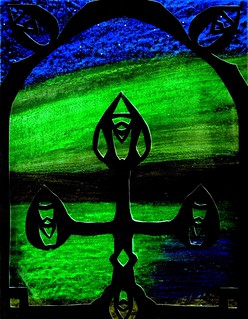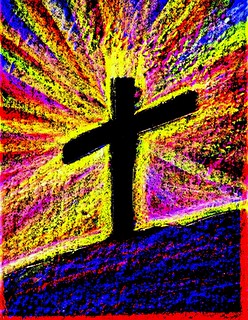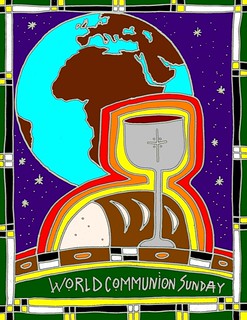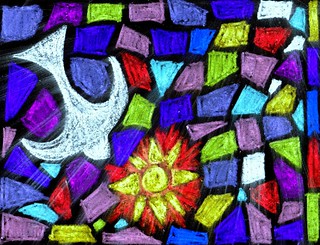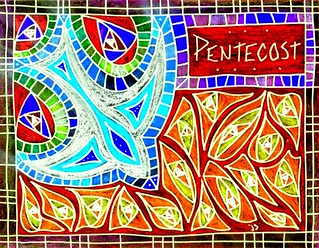Acts 13:39 Through
Christ everyone who believes is set free from every sin, a justification
you were not able to obtain under the Law of Moses.
One of the greatest gifts of
Christianity is that people, even the wickedest among us, can be forgiven by
God. This allows all of us to begin our lives again and make a new start. Many of
us have past regrets and have made terrible mistakes. We carry the burden of
our guilt within us, and sometimes even punish ourselves for being so foolish,
corrupt, and sinful. To be human, is to be frequently wrong. To be forgiven, is
to be set free from the past.
Our beautiful world and wonderful
planet is full of broken, guilty, and remorseful people. Much of the
disappointments we experience or cause, are deeply rooted in our sinful nature.
We all could be better people; we all could make better choices; we all could
do better things with our lives.
Christ gives us a gracious
opportunity to begin again, no matter who we are, no matter what we’ve done; no
matter what age we are, and no matter what hurt or damage we have caused. He sacrificed
Himself for our sins and, as Paul preached long ago, ‘everyone who
believes is set free from every sin.’
Today, I rejoice in the eternal fact
that I am forgiven. I hope that you can also receive and experience this
greatest of all gifts from God. As the poet, Alexander Pope once wrote: ‘to
err is human; to forgive, divine.’
Personal questions for reflection
What is currently
my biggest regret? Have I truly asked Christ to forgive me?
Prayer: Lord Jesus, You are our Divine
Savior and Gracious Lord. We know the wrong that we have done and the
disappointments we have created. Forgive our past mistakes and foolish choices.
Allow us the opportunity to begin again and to re-start our lives by being
connected to You. In Your Holy Name, we gratefully and humbly pray. Amen.
John
Stuart is the pastor of Erin Presbyterian Church in Knoxville, Tennessee. If
you would like to comment or ask questions about today’s message, please send
him an email to Traqair@aol.com.
Today’s
image is one of John’s latest drawings called “Northern Delights.” If you would
like to view a larger version, please click on this link: Northern.
